Scientific Methods
Most popular
 Status: PreviewPreviewY
Status: PreviewPreviewYYale University
Course
 Status: PreviewPreviewS
Status: PreviewPreviewSStanford University
Course
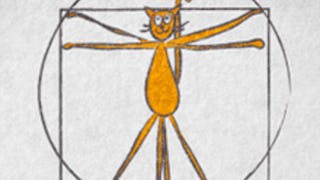 Status: Free TrialFree TrialU
Status: Free TrialFree TrialUUniversity of Amsterdam
Specialization
 Status: Free TrialFree TrialD
Status: Free TrialFree TrialDDuke University
Specialization
Trending now
 Status: PreviewPreviewY
Status: PreviewPreviewYYale University
Course
 Status: Free TrialFree TrialU
Status: Free TrialFree TrialUUniversity of Amsterdam
Specialization
 Status: Free TrialFree TrialD
Status: Free TrialFree TrialDDuke University
Specialization
 Status: PreviewPreviewS
Status: PreviewPreviewSStanford University
Course
New releases
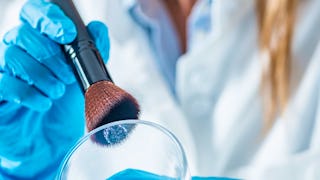 Status: PreviewPreviewU
Status: PreviewPreviewUUniversity of Cambridge
Course
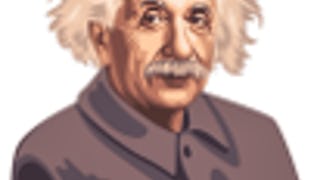 Status: PreviewPreviewT
Status: PreviewPreviewTThe Hong Kong University of Science and Technology
Course
 Status: Free TrialFree TrialA
Status: Free TrialFree TrialAAmerican Council on Exercise
Course
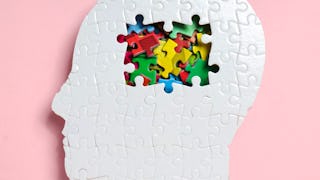 Status: Free TrialFree TrialU
Status: Free TrialFree TrialUUniversity of Cambridge
Course
Filter by
SubjectRequired *
LanguageRequired *
The language used throughout the course, in both instruction and assessments.
Learning ProductRequired *
LevelRequired *
DurationRequired *
SubtitlesRequired *
EducatorRequired *
Results for "scientific methods"
 Y
YYale University
Skills you'll gain: Liberal Arts, Environment, Culture, Biology, Creativity, Systems Thinking, Physical Science, Timelines, Physics, Scientific Methods
4.7·Rating, 4.7 out of 5 stars438 reviewsMixed · Course · 1 - 3 Months
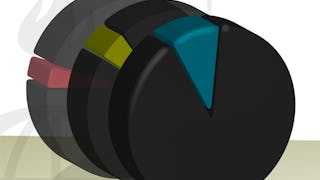 Status: Free TrialFree TrialJ
Status: Free TrialFree TrialJJohns Hopkins University
Skills you'll gain: Statistical Hypothesis Testing, Biostatistics, Sampling (Statistics), Statistical Inference, Scientific Methods, Quantitative Research, Public Health
4.8·Rating, 4.8 out of 5 stars646 reviewsBeginner · Course · 1 - 3 Months
 Status: FreeFreeP
Status: FreeFreePPrinceton University
Skills you'll gain: Biology, Physical Science, Biochemistry, Physics, Microbiology, Environmental Science, General Science and Research, Scientific Methods, Mathematical Modeling
4.7·Rating, 4.7 out of 5 stars401 reviewsMixed · Course · 3 - 6 Months
 Status: Free TrialFree TrialN
Status: Free TrialFree TrialNNortheastern University
Skills you'll gain: Quality Assessment, Program Evaluation, Value-Based Care, Health Systems, Patient Safety, Quality Improvement, Performance Measurement, Health Policy, Scientific Methods, Performance Analysis, Performance Reporting
4.7·Rating, 4.7 out of 5 stars38 reviewsBeginner · Course · 1 - 4 Weeks
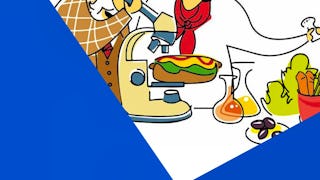 Status: PreviewPreviewP
Status: PreviewPreviewPPontificia Universidad Católica de Chile
Skills you'll gain: Food and Beverage, Meal Planning And Preparation, Process Engineering, Experimentation, Chemical Engineering, Engineering, Materials science, Environment, Systems Of Measurement, Water Quality, Thermal Management, Biochemistry, Chemistry, Scientific Methods, Laboratory Equipment
4.6·Rating, 4.6 out of 5 stars80 reviewsMixed · Course · 1 - 4 Weeks
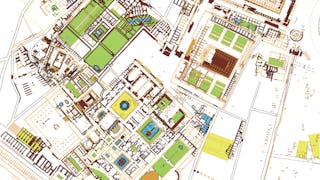 Status: PreviewPreviewS
Status: PreviewPreviewSSapienza University of Rome
Skills you'll gain: Ancient History, Data Collection, Scientific Methods, Research Methodologies, Research, Investigation, World History, Cultural Responsiveness, Timelines
4.8·Rating, 4.8 out of 5 stars146 reviewsBeginner · Course · 1 - 3 Months
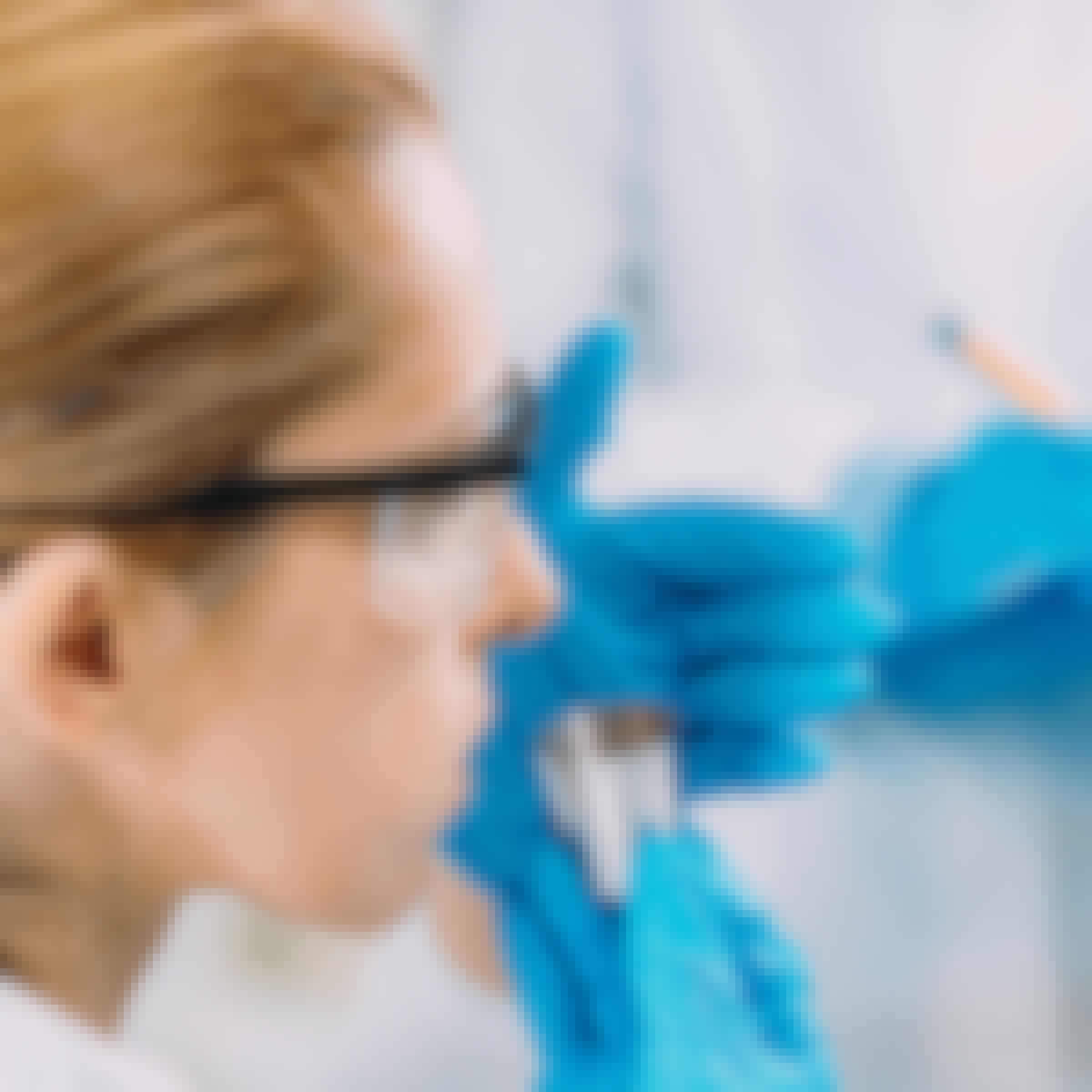 Status: Free TrialFree TrialU
Status: Free TrialFree TrialUUniversity of California, Davis
Skills you'll gain: Scientific Methods, Systems Of Measurement, Experimentation, Statistical Analysis, Quantitative Research, Human Factors, Psychology, Research Methodologies, Neurology, Product Testing, Physiology
4·Rating, 4 out of 5 stars8 reviewsBeginner · Course · 1 - 4 Weeks
 Status: PreviewPreviewT
Status: PreviewPreviewTThe University of Edinburgh
Skills you'll gain: Liberal Arts, Deductive Reasoning, Scientific Methods, Ancient History
4.8·Rating, 4.8 out of 5 stars206 reviewsMixed · Course · 1 - 3 Months
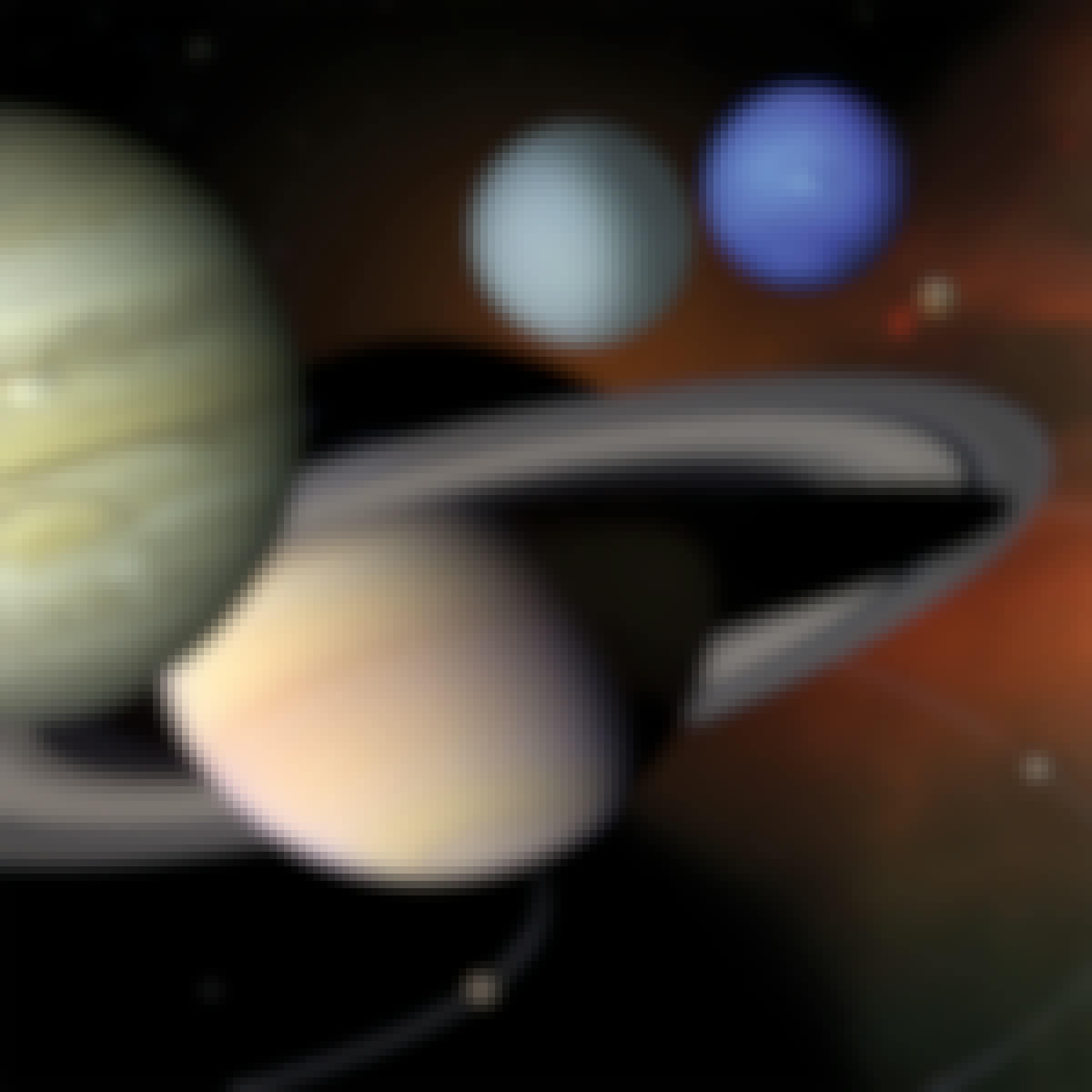 Status: NewNewStatus: PreviewPreviewA
Status: NewNewStatus: PreviewPreviewAAmerican Museum of Natural History
Skills you'll gain: Scientific Visualization, Environment, Physics, General Science and Research, Taxonomy, Scientific Methods, Biology, Chemistry
Beginner · Course · 1 - 3 Months
- Status: PreviewPreviewS
Sapienza University of Rome
Skills you'll gain: Ancient History, Public History, Political Sciences, Art History, European History, World History, Research, Investigation, Social Sciences, Culture, Governance, Scientific Methods, Data Collection, Storytelling
4.4·Rating, 4.4 out of 5 stars322 reviewsBeginner · Course · 1 - 3 Months
 Status: PreviewPreviewU
Status: PreviewPreviewUUniversity of Copenhagen
Skills you'll gain: Anthropology, Biology, Physical Science, World History, Microbiology, Environment, Ancient History, Biochemistry, Environmental Science, Climate Change Adaptation, Taxonomy, Chemistry, Scientific Methods
4.7·Rating, 4.7 out of 5 stars643 reviewsMixed · Course · 1 - 3 Months
 Status: PreviewPreviewU
Status: PreviewPreviewUUniversidad de los Andes
Skills you'll gain: Physics, Electrical Systems, Physical Science, Mechanics, European History, Ancient History, Scientific Methods, World History, General Science and Research, Experimentation
4.8·Rating, 4.8 out of 5 stars858 reviewsBeginner · Course · 1 - 3 Months








